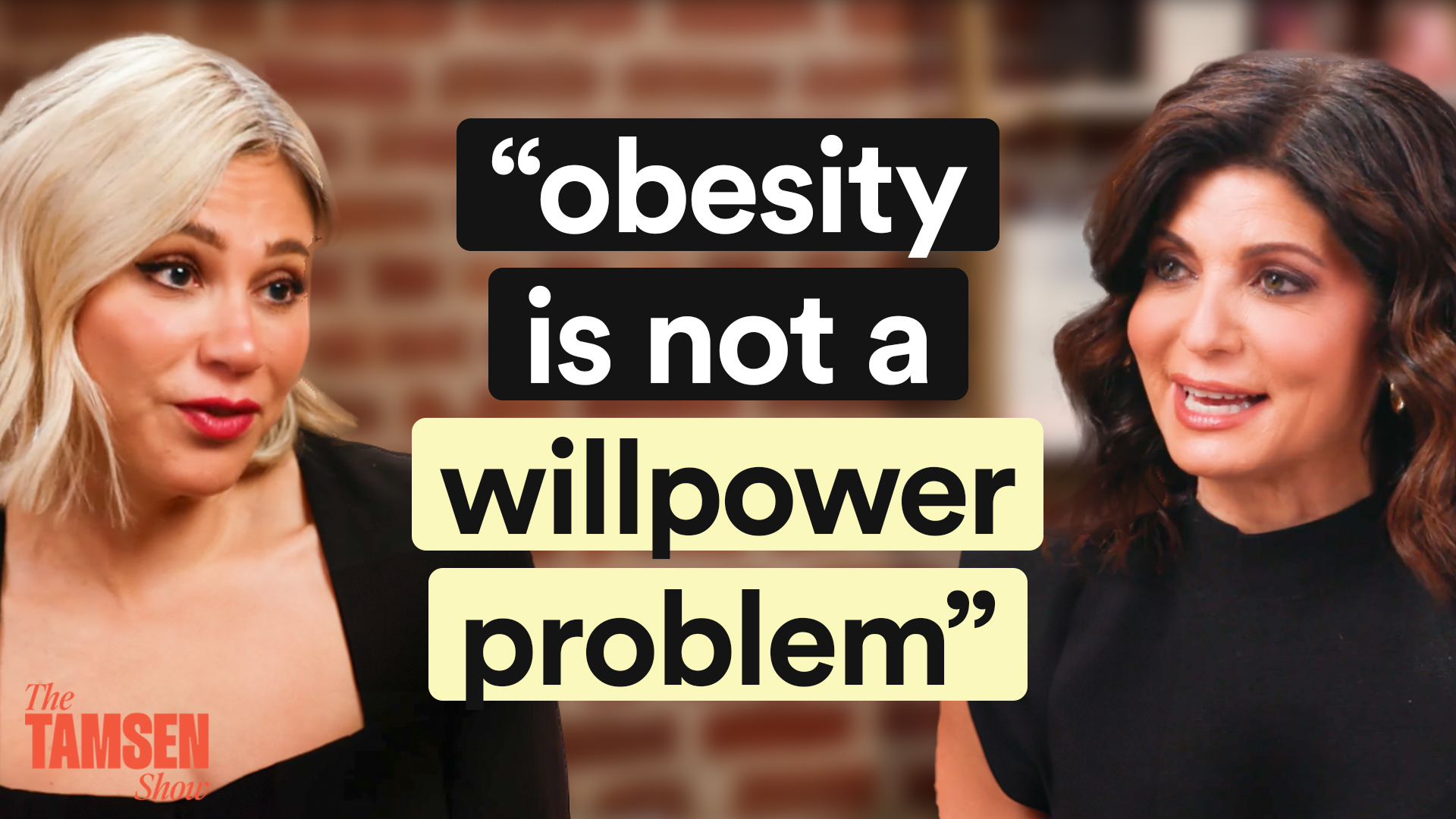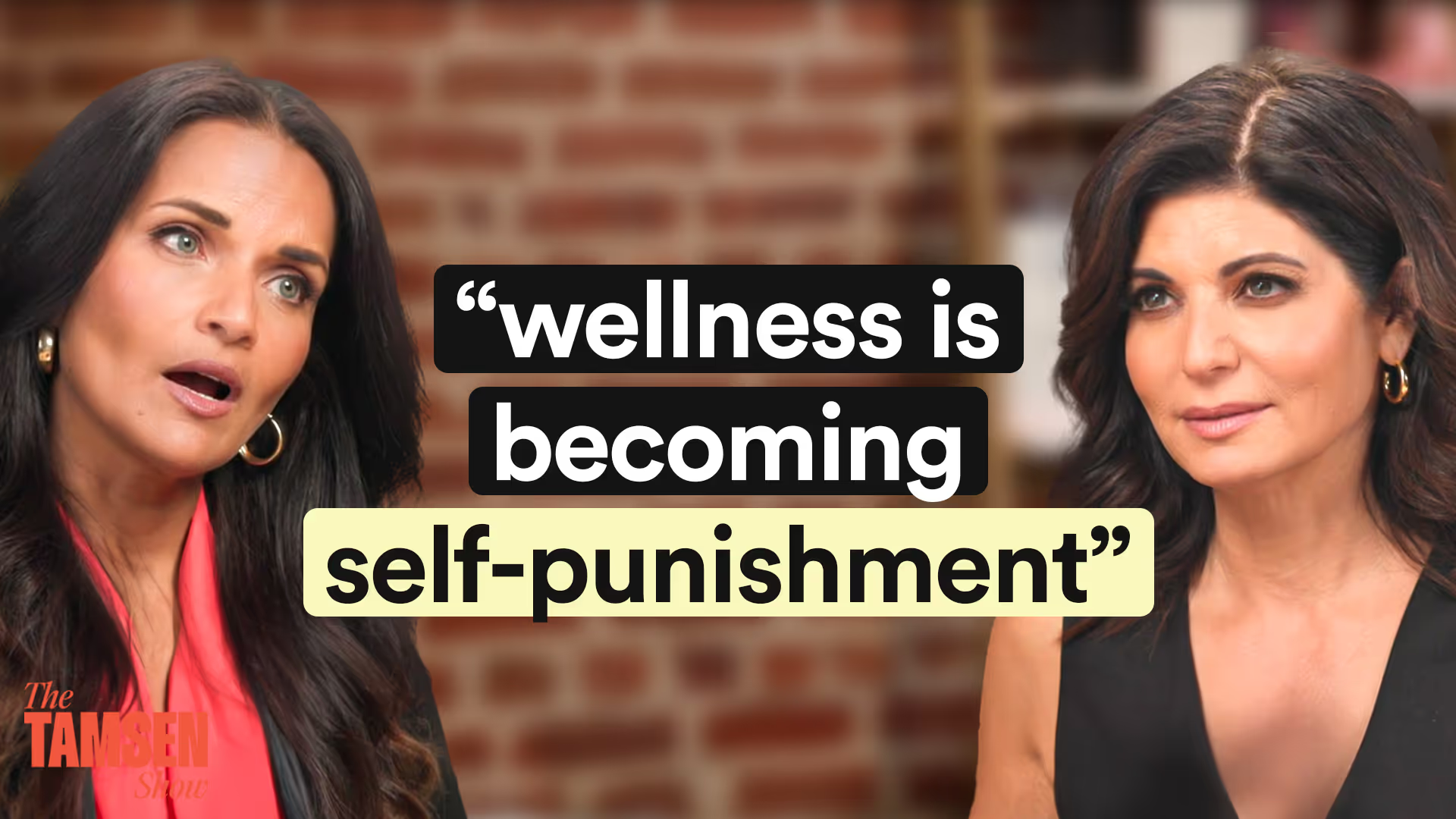Have you ever felt an overwhelming sense of sadness or hopelessness that seems to come out of nowhere? During menopause, this emotional rollercoaster can be particularly intense and challenging. Depression is a common but often overlooked symptom of menopause. In fact, this was one of my most central symptoms. I found myself having confusing bouts of sadness and changes in my disposition in a way I hadn’t experienced before. When I talked to my doctor about it, I was just told it was depression and was automatically prescribed Lexapro. But it turns out this was menopause all along…
Why does depression occur during menopause?
During menopause, significant hormonal changes occur, particularly the decline in estrogen and progesterone levels. These hormones play a crucial role in regulating mood and emotional well-being. When their levels drop, it can lead to mood swings, irritability, and depression. Menopause is often accompanied by other symptoms such as hot flashes, night sweats, and sleep disturbances, which can further these feelings of depression. The transition of menopause itself, along with other midlife changes, can contribute to emotional stress and impact mental health, including:
- Hormonal imbalance: Decline in estrogen and progesterone disrupts the balance of neurotransmitters, leading to mood swings and emotional instability.
- Increased stress: Hormonal fluctuations can heighten stress responses, making it more difficult to cope with day-to-day challenges that may have felt perfectly manageable before.
- Sleep disturbances: Night sweats and insomnia associated with menopause can lead to chronic sleep deprivation, exacerbating mood disorders.
- Physical discomfort: The physical aches and pains caused by other menopause symptoms can affect overall emotional well-being.
- Changing body image: Changes in physical appearance and weight gain due to menopause can affect self-esteem and contribute to feelings of depression.
How can I cope with depression during menopause?
Seek professional help
Talking to a therapist or counselor who specializes in menopause or women’s health can be extremely beneficial. Cognitive-behavioral therapy (CBT) is particularly effective in managing depression by helping you develop tangible strategies to disrupt and alter negative thought patterns. Additionally, joining a support group, either in-person or online, can provide helpful emotional support. Plus, you can get other tips and advice from women going through similar experiences.
Follow a healthy diet
Maintaining a balanced diet rich in fruits, vegetables, whole grains, lean proteins, and healthy fats is super important. Changing up my food habits once I learned I was in menopause has made such a positive impact on all my symptoms.
Foods high in omega-3 fatty acids, such as salmon, flaxseeds, and walnuts, can help support brain health and reduce symptoms of depression. It's equally important to limit processed foods, sugary snacks, and high-caffeine beverages, as these can exacerbate mood swings and depression.
Regular exercise
Regular exercise is SO important to every aspect of our physical and mental health. Aerobic activities such as walking, swimming, or cycling are great ways to achieve this. Exercise helps release endorphins, which are natural mood lifters and can help you feel less depressed.
Additionally, incorporating strength training exercises to build muscle mass supports overall health. Exercise can also improve sleep, which is often disrupted during menopause.
Manage stress
Practice relaxation techniques such as deep breathing, progressive muscle relaxation, or guided imagery to manage stress and reduce anxiety, which can contribute to depressed mood. Mindfulness practices and meditation can also improve focus and promote emotional well-being.
Efficient and effective sleep
A consistent sleep routine is so important; find a set waking and sleeping time and follow this every day! Create a comfortable sleep environment and avoid screens before bedtime. If you experience sleep problems, discuss them with your healthcare provider to identify and treat underlying causes. Poor sleep can significantly impact mood and exacerbate depression.
Hormone Replacement Therapy (HRT)
If depression is significantly affecting your quality of life, discuss the option of hormone replacement therapy with your healthcare provider. HRT can help balance hormone levels and potentially reduce menopausal symptoms, including depression.
Medication
In some cases, especially when no other treatments seem to be improving how you’re feeling, medication may be a good course of action. Your doctor might prescribe antidepressants to help manage severe depression symptoms.
Supplements
Consider taking supplements such as B vitamins, vitamin D, and magnesium, which can support mental health and reduce symptoms of depression. Herbal supplements like St. John’s Wort or SAM-e, known for their mood-lifting properties, might also be helpful. Always consult with your doctor before starting any sort of new regimen.
Monitor your symptoms
Keep a journal to note your depression symptoms, focusing on when they arise and what may have triggered it. This can help you and your doctor create an effective treatment plan. Schedule regular check-ups with your healthcare provider to monitor your overall health and discuss any concerns.
A support system is key
Your family and friends are always there for you. Don’t hesitate to reach out and ask for help when you need it. Sharing your experiences and feelings with others can provide comfort and reduce feelings of isolation. Finding activities you love to do can make all the difference. And don’t shy away from trying new things, you never know what will bring you joy and fulfillment.
Join my amazing group of women in midlife to discuss your experience here.
Depression during menopause can be challenging, but it can be managed effectively with professional help, a healthy diet, regular exercise, stress management techniques, adequate sleep, and possibly medical interventions. A multifaceted approach will address both physical and emotional health, and you’ll find it significantly enhances your quality of life. Always consult with your healthcare provider first. Not every kind of treatment works for every person, but they will help you create a plan that’s perfect for you.
Additional Resources:
Secrets To Thrive In Menopause: Download this free guide to learn my top secrets to thrive in menopause.
Menopause Symptom Tracker: Track your symptoms and get connected to physicians and organizations that can help you!
The information contained on this website is intended for informational and educational purposes only. It is not intended to be a substitute for the advice of an appropriately qualified and licensed physician or other healthcare provider.






.jpg)
.jpg)







